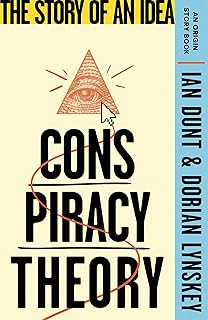President Donald Trump faces internal turmoil over the withholding of Jeffrey Epstein files, while his director of national intelligence, Tulsi Gabbard, launches a controversial offensive. Gabbard alleges a ‘treasonous conspiracy’ in the Obama administration’s handling of the 2016 election, claiming manipulation of intelligence reports to undermine Trump.
While Gabbard’s claims lack substantiated evidence, they align with Trump’s narrative of the Russian interference investigations as a ‘hoax.’ Her recent document releases attempt to challenge established assessments of Russian meddling, aiming to cater to Trump’s base hungry for conspiracy theories.
However, Gabbard’s cherry-picked quotes and selective interpretations fail to provide concrete proof of her allegations. Her reliance on partisan reports and disregard for bipartisan investigations undermine the credibility of her claims and contribute to a narrative of distraction and political maneuvering.
The timing of Gabbard’s offensive coincides with mounting accusations against Trump, creating a climate of suspicion and deflection. By pushing the ‘Obama conspiracy theory,’ Gabbard seeks to solidify her position within the administration and curry favor with the President amid escalating tensions.
Despite Gabbard’s efforts to challenge the established narrative of Russian interference, her claims lack the substantive backing necessary to overturn the extensive investigations conducted by both parties. The historical context of previous inquiries and reports further undermines the credibility of her allegations.
As Gabbard attempts to pivot towards the center of political discourse, her tactics of promoting unfounded conspiracies risk tarnishing her reputation and credibility. The convergence of her offensive with broader political developments suggests a strategic move to capitalize on the current climate of uncertainty and division.
Ultimately, Gabbard’s pursuit of the ‘treasonous conspiracy’ case against Obama reflects a broader trend of exploiting baseless narratives for political gain. The impact of such tactics on public discourse and trust in institutions remains a subject of concern, highlighting the enduring challenge of combating misinformation and disinformation in contemporary politics.
📰 Related Articles
- Trump Tax Bill Raises Concerns Over Education Inequality Impact
- Trump Faces Backlash Over Qatar Jet Gift Controversy
- Trump Administration to Address Tylenol-Autism Link Concerns
- Trump Administration Threatens International Student Experience at Harvard
- Trump Administration Revokes Chinese Student Visas Amid Tensions






